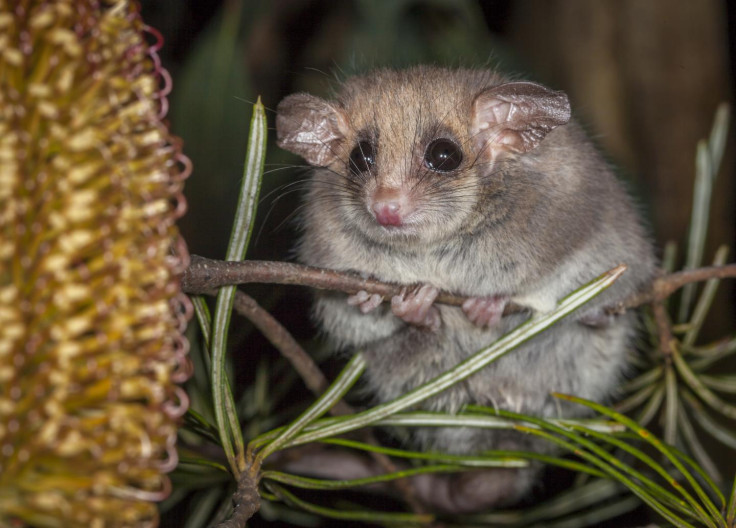Adorable pygmy-possums sense danger and escape fire even during hibernation
Even when dormant, the small marsupials can sense a fire is coming their way.

When danger lurks, hibernating animals may be able to react and quickly move to safety, scientists have found out. Australia has frequently been ravaged by bush fires, and they wanted to understand whether some of the countries' hibernating species, such as pygmy-possums, were able to wake up and escape the flames.
Pygmy-possums are generally found on the south-east coast of Australia, living in trees. They are small marsupials that move around with great dexterity in the trees, using their tails to go from branch to branch.
The animals regularly experience a state of torpor. These are periods of metabolic rest during which they do not need food and sleep deeply for up to a month at a time.
Unlike most hibernators, this can occur any seasons of the year, leaving the species particularly threatened by bushfires during the summer.
In a new study, published in the journal The Science of Nature, scientists investigated whether pygmy-possums were able break the period of dormancy to avoid fires and other dangers.
Bush fire less risky than prescribed burning
The team, led by Julia Nowack, from the University of New England in Australia, conducted tests in a lab on five dormant pygmy-possums – modelling a bush fire. They discovered that the small animals quickly picked up the smell of smoke in their sleep.
However, their ability to react and to move away rapidly appeared to depend on the outside temperature. Under 13C, their movements were a lot slower, they experienced decreased responsiveness and locomotor performance. The temperature had to be a lot higher, around 24C or more, for them to be able to perform advanced moves and climb up trees to escape fires coming their way.
This suggests that pygmy-possums are well equipped to escape bush fires in the summer, when it is warm outside – a finding that is very interesting given that bush fires due to climate change may be on the rise.
However, prescribed burning, organised in the winter to reduce the amount of flammable plant material, may be far more dangerous for the species – and for hibernators in general – as they are less able to react when it is cold.
"Prescribed burns during winter should be avoided on very cold days to allow torpid animals enough time to respond," Nowack concluded.
© Copyright IBTimes 2025. All rights reserved.




















